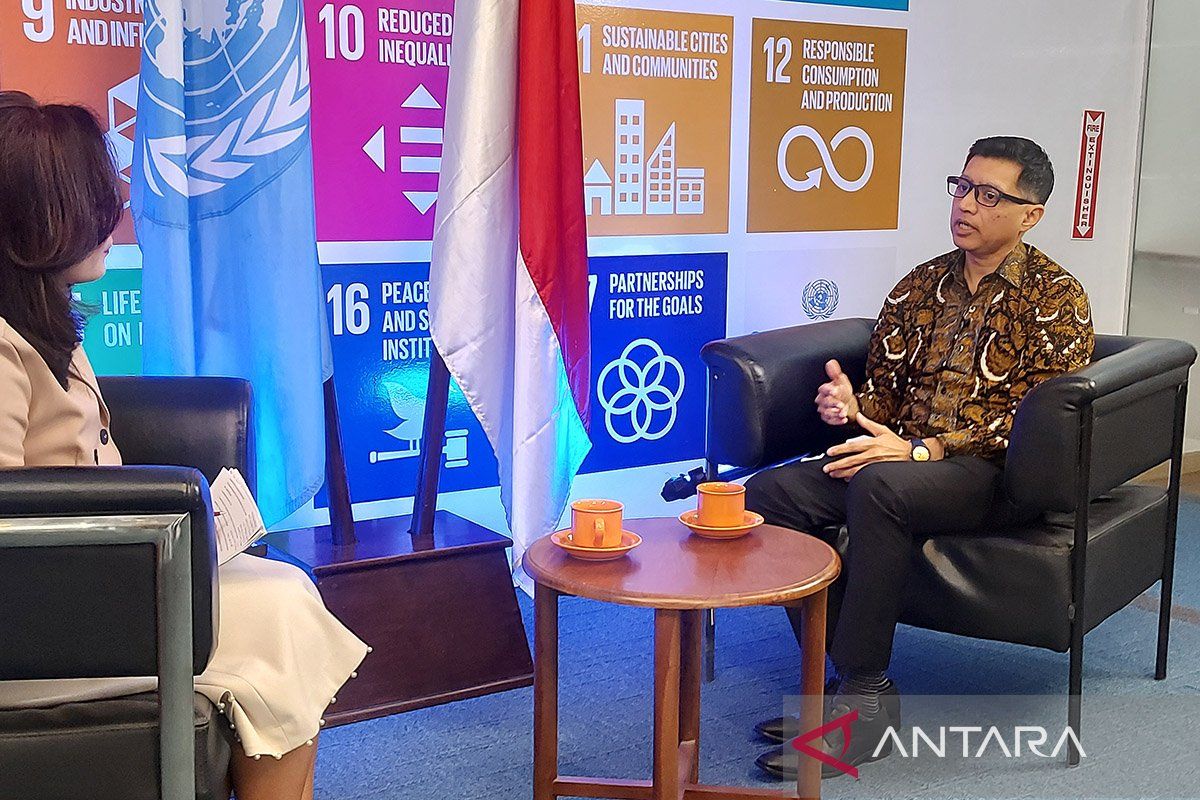
UN Women: Kualitas pemberdayaan perempuan Indonesia di peringkat 87
UN Women recently released its Gender Inequality Index, ranking Indonesia at 87 out of 162 countries. The index measures the disparities between men and women in various aspects of life, such as education, health, and economic opportunities. While Indonesia has made progress in empowering women in recent years, there is still much work to be done to achieve gender equality in the country.
One area where Indonesia has seen improvement is in terms of education. The country has made significant strides in increasing access to education for girls and women, with more females enrolled in schools and universities than ever before. This is a positive step towards empowering women to pursue their dreams and reach their full potential.
In terms of health, Indonesia has also made progress in providing better healthcare services for women. Maternal mortality rates have decreased in recent years, thanks to improved access to healthcare facilities and services. However, there are still challenges in ensuring that all women have access to quality healthcare, especially in remote and rural areas.
When it comes to economic opportunities, Indonesia still has a long way to go in terms of gender equality. Women are often underrepresented in leadership positions in both the public and private sectors, and they continue to earn less than their male counterparts for the same work. This gender pay gap hinders women’s economic empowerment and limits their ability to achieve financial independence.
In order to improve the quality of women’s empowerment in Indonesia, more efforts need to be made to address these challenges. Policies and programs that promote gender equality in education, healthcare, and the workplace are essential to empower women and ensure their rights are protected. Additionally, raising awareness about gender equality and challenging harmful stereotypes and cultural norms that perpetuate discrimination against women are key steps towards achieving gender equality in Indonesia.
UN Women plays a crucial role in advocating for women’s rights and empowerment globally, including in Indonesia. The organization works with local partners and government agencies to promote gender equality and empower women in all areas of life. By working together, we can create a more inclusive and equal society where women and men have equal opportunities to thrive and succeed.
In conclusion, while Indonesia has made progress in empowering women in recent years, there is still much work to be done to achieve gender equality in the country. By addressing the challenges in education, healthcare, and economic opportunities, we can create a more inclusive and equal society where women have the same rights and opportunities as men. UN Women’s efforts in promoting gender equality in Indonesia are crucial in achieving this goal, and we must continue to work together towards a more equal and just society for all.